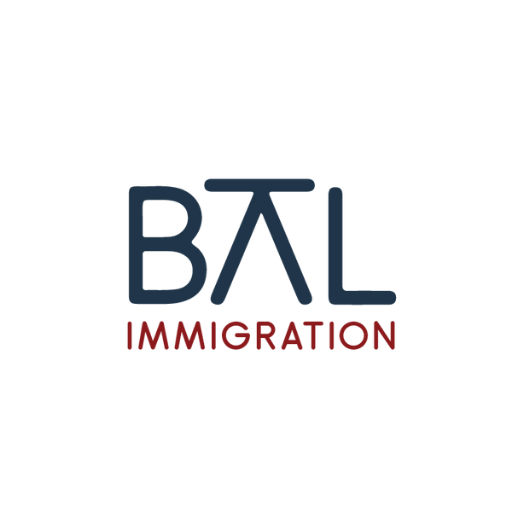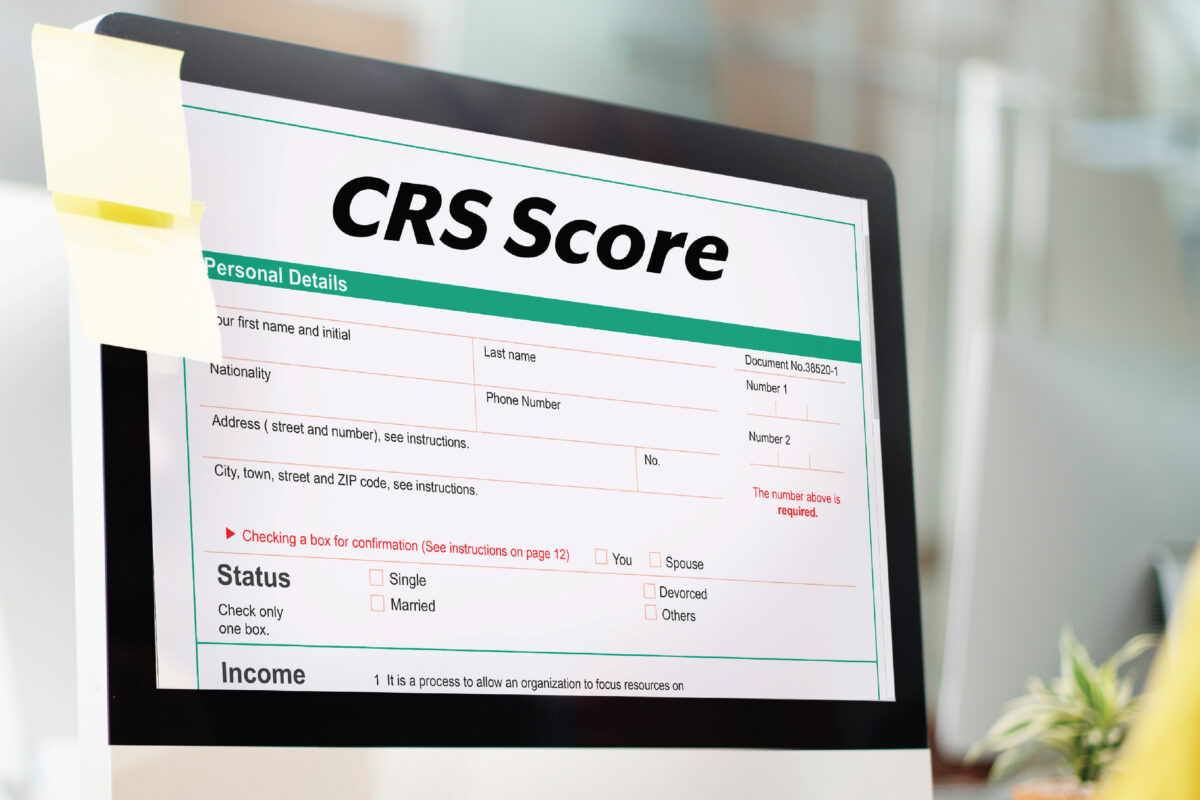What is Express Entry?

Express Entry is defined as an online system used by the Canadian government for organizing and processing applications for skilled workers who wish to immigrate to Canada and attain Canadian permanent residence status. The express entry system manages three primary federal economic programs. They are many
- Federal Skilled Trades (FST)
- Federal Skilled Worker (FSW)
- Canadian Experience Class (CEC)
How to apply for Express Entry?
Applying for Express Entry is a two-stage process. The first stage is to submit the candidate profile which needs the following documents:
- Educational credential assessment report
- Language test results
- A passport or travel document
Once the profile is submitted and the candidate receives an invitation to apply for Canadian permanent residence, they would need to offer a more substantial application which includes reference letters, police clearance certificates, additional identity documents, and results of a medical examination.
Who is eligible for Express Entry?
Individuals having a university or college degree, skilled job experience, and moderate proficiency in English along with/or French are considered to be ideal Express Entry candidates.
To submit a profile via the Express Entry system, candidates should also meet the eligibility criteria for one of the three federal programs namely
- Federal Skilled Trades (FST)
- Federal Skilled Worker (FSW)
- Canadian Experience Class (CEC)
The easiest way to find out if you eligible is to use Bal immigration consultant services online assessment tool
What does the Express Entry cost?
The cost of immigrating to Canada via Express Entry is almost CAD 2,300 for a single candidate, or approximately CAD 4,500 for a couple. The breakup of costs includes,
- Educational Credential Assessment (ECA): Average cost – $200
- Language tests: Average cost – $300
- Government fees: $1,325 per adult & $225 per child
- Biometrics: $85 per person
- Police clearance certificates: average cost – $100 per country
- Medical examination fees: average cost – $450 per adult & $250 per child
How Express Entry points are calculated?
When an immigration advisor Canada” refers to Canada’s “Express Entry points”, they are generally talking about the Comprehensive Ranking System (CRS) score. Canada utilities the CRS score to rank the candidates in the Express Entry pool using a group of factors, such as:
- Level of education;
- Age;
- Connections to Canada
- Proficiency in French or English;
- Spouse factors; and
- Foreign and Canadian work experience;
For an estimate of your CRS score, use Bal immigration’s CRS calculator tool. We offer the best immigration services in Canada. Our services can be easily accessed through our website www.balimmigration.com. We help candidates build a strong profile to ensure no rejection takes place. An Ideal Express Entry candidate may meet the following requirements:
- Holds at least two Bachelor’s degrees or one Master’s degree
- Be under 30 years old
- Have at least three years of skilled work experience
- Be able to demonstrate a moderate to high level of English and/or French language proficiency (The Canadian Language Benchmark [CLB] level is nine or above)
Some more factors which may help to boost a candidate’s CRS score may include:
- Higher language proficiency in English and/or French
- A Master’s degree or Ph.D. education
- A nomination from a provincial nominee program
- Bilingualism in French and English
- A Canadian brother or sister currently residing in Canada
- Canadian work or educational experience
- An arranged employment offer from a Canadian company
So get connected with BAL immigration consultancy Canada and give wings to your dreams to settle in Canada. This is a brief overview of the Express Entry as a path toward Canadian immigration. In case any candidate wishes to know more or gather in-depth details for the same our immigration consultant service provider is ready to serve you.







